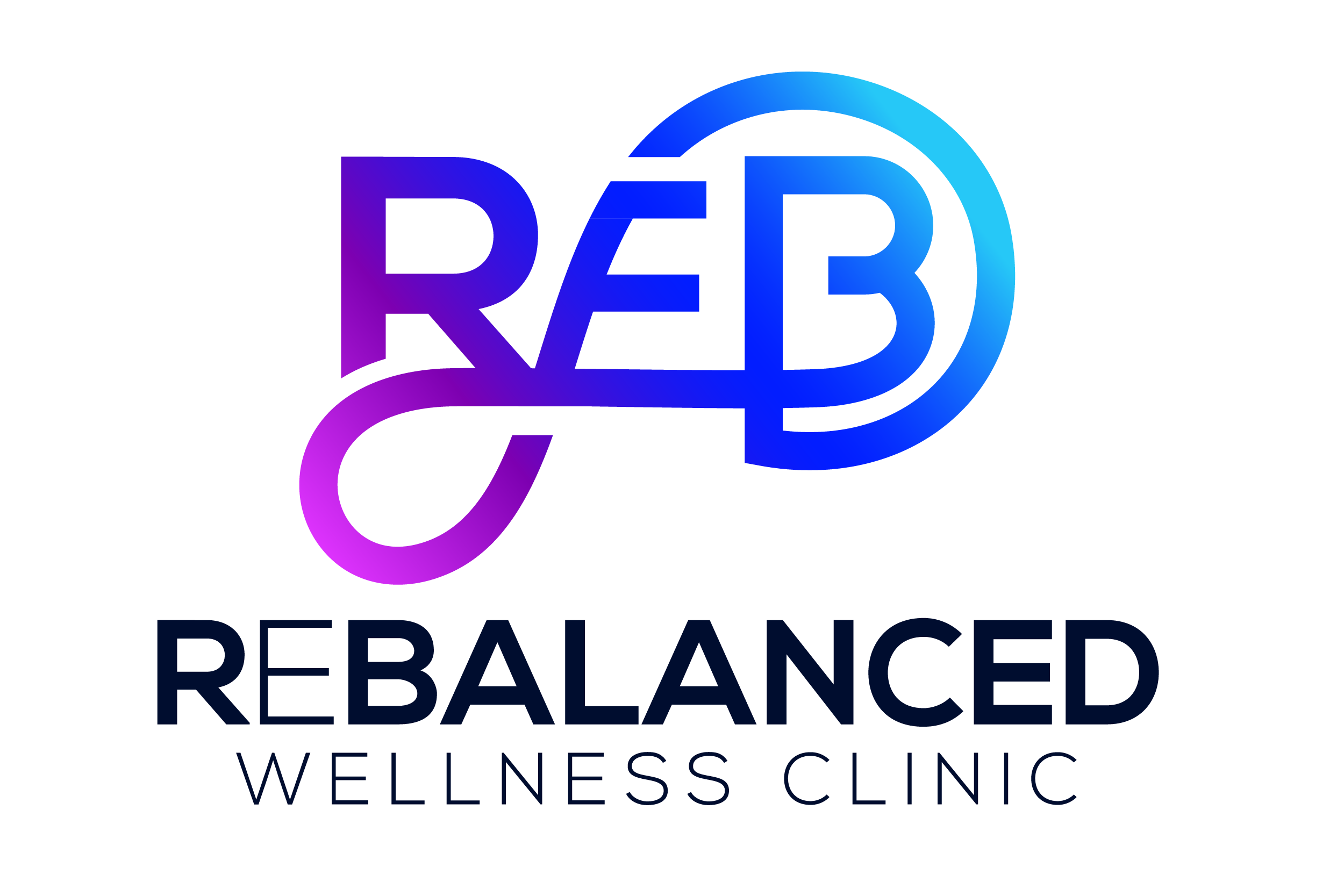Dieting alone can often feel like an uphill battle. Many people find that despite sticking to strict diets, the results are slow or non-existent. That’s where medical weight loss programs swoop in to offer a more personalized, effective, and sustainable approach. In this blog, we’ll explore why medical weight loss can be a game-changer for those struggling to shed pounds.
1. Personalized Approach Tailored to You
One of the key factors that sets medical weight loss apart is its emphasis on personalization. Unlike conventional diets that adopt a blanket approach, medical weight loss programs customize their strategies to fit an individual’s unique needs. Imagine having a plan that’s perfectly crafted just for you—considering everything from your body’s metabolism to your lifestyle choices. For instance, at Synergy Health 360, experts don’t just offer nutritional guidance; they dive deep into understanding your medical history and current habits to devise a plan that’s uniquely yours. This personalized strategy not only addresses the nuances of your body, but also the lifestyle and dietary choices that could hinder your weight-loss journey, paving the way towards a healthier you.
To put it simply, a personalization-driven approach means you’re more likely to stick with the program. Each recommendation is designed to work with your body’s specific needs, making the process less of a struggle and more of a collaboration between you and your healthcare provider. This eliminates the guesswork and frustrations that come with generic diet plans, allowing you to focus on achieving your goals.
2. Guidance from Medical Professionals
The expertise of medical professionals in these programs cannot be understated. These healthcare providers bring valuable knowledge to your weight loss journey, offering insights based on credible research and years of experience. Engaging with medical experts means you get comprehensive support right from day one, ensuring every step you take is safe and beneficial. By having professionals monitor your progress, you can expect timely interventions and adjustments that keep you on track. The hands-on involvement from experts provides a level of accountability often missing in self-led diets.
Moreover, with a medical team assisting you, the fear of plateaus is greatly diminished. Their guidance enables you to navigate through phases where weight loss might slow down, addressing these tweaks with specialized modifications to your plan. This blend of medical expertise and continuous support not only elevates your confidence but ensures that the weight loss journey is smoother and more informed.
3. Addresses Underlying Health Conditions
When tackling weight loss, it’s crucial to recognize and manage any underlying health conditions that could be hindering progress. Traditional diets often overlook the importance of holistic health, focusing solely on shedding pounds. In contrast, medical weight loss programs prioritize a comprehensive approach. They delve into potential health issues that may impact weight gain or make losing weight difficult. Whether it’s hormonal imbalances, thyroid issues, or metabolic disorders, these factors are taken into account to craft a regime that not only promotes weight loss, but fosters general well-being. By integrating health screenings and evaluations into the weight loss process, you stand to address broader health needs whilst effectively working towards your ideal weight.
4. Comprehensive Lifestyle Modifications
Where fad diets may restrict your food choices or demand radical changes that can’t be sustained, medical weight loss favors a more balanced, long-term approach. As noted by Synergy Health 360, effective weight management goes beyond just diet. It involves introducing modifications that seamlessly blend into everyday life, such as healthier meal options, regular physical activity, and stress-reduction techniques. This comprehensive approach places emphasis on lifestyle changes that endure long after the initial program ends, ensuring that your journey does not stop when the scales reach their desired number.
The true strength of this approach lies in its sustainability. It encourages change in achievable increments rather than forcing rapid, often unsustainable transformations. As these lifestyle habits develop, the likelihood of reverting to old habits diminishes. Instead of viewing weight loss as a temporary fix, the focus shifts to nurturing a healthy, balanced lifestyle that supports lasting well-being.
5. Long-term Weight Management Skills
Beyond immediate weight loss, the aim is to equip individuals with skills for maintaining these results long-term. Medical weight loss programs provide continuous education, so when you reach your goals, you have the knowledge to keep the weight off. These programs emphasize teaching you how to make informed, healthier choices in day-to-day life, solidifying habits that become second nature over time. As highlighted by Synergy Health 360, the key to sustained success lies in equipping yourself with tools—be it cooking tips, exercise strategies, or dietary advice—that are not only effective but easy to incorporate into your routine. Mastery of these skills transforms the concept of dieting from a temporary phase into a lifelong commitment to personal health.
6. Safety and Monitoring
Safety is a critical priority when it comes to any weight loss journey. Medical programs regularly monitor your health metrics, ensuring that each step of the process aligns with your body’s capabilities and needs. They provide a scientifically grounded approach, using medical assessments to gauge your progress and prevent any potential health risks. This constant oversight means adjusting the plan as needed to suit your body’s responses. The assurance of safety allows you to concentrate on your weight goals without the burden of uncertainty, knowing that you’re in the hands of trained professionals who prioritize your overall health above everything else.
7. Boosts Mental and Emotional Health
An often overlooked yet fundamental aspect of medical weight loss programs is their positive influence on mental and emotional health. Losing weight under professional supervision can significantly bolster self-confidence, creating a healthy relationship between mind and body. With medical professionals offering continuous support throughout your journey, you gain access to mental health resources as well, ensuring that your emotional well-being is not neglected. This holistic support system can help cultivate a more positive mindset, making it easier to remain motivated and committed to your goals. Embracing a program that recognizes and nurtures the mind-body connection is a major contributor to lasting weight loss success and satisfaction.

